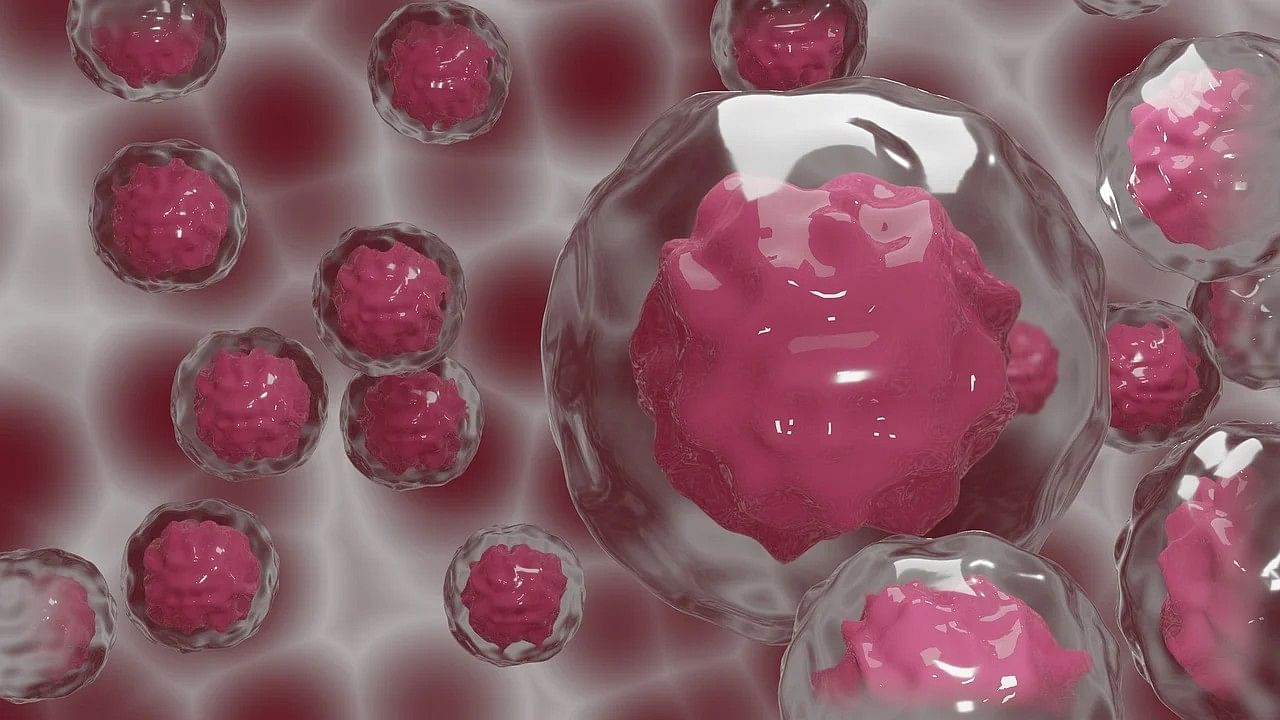
Representative image showing embryonic stem cells.
Credit: Pixabay Photo
Weizmann Institute scientists have successfully created an embryo model, that closely resembles a 14-day old human embryo, NDTV reports.
The team of scientists created the embryo without using sperm, eggs, or womb, but rather created model of the human embryo from stem cells, curated in a lab, that even released hormones, turning pregnancy test positive.
In the field of embryo modeling, this study represents a significant turning point. One can understand the earliest moments of human lives through this study in an ethical way.
Scientists claimed that these models made up of synthetic embryo possessed all the structures, compartments, characteristic of this stage, including the placenta, yolk sac, chorionic sac and other external tissues, ensuring dynamic and adequate growth of the model.
Professor Jacob Hanna said, "The drama is in the first month, the remaining eight months of pregnancy are mainly lots of growth. But that first month is still largely a black box. Our stem cell-derived human embryo model offers an ethical and accessible way of peering into this box. It closely mimics the development of a real human embryo, particularly the emergence of its exquisitely fine architecture."
“This is really a textbook image of a human day-14 embryo," Prof. Hanna said, adding which "hasn't been done before".
The study showed 4 types of cells found in the earliest stages of human embryos, that includes:
epiblast cells, which later formed into the foetus.
trophoblast cells, turned out to be the placenta.
hypoblast cells, which turned into the supportive yolk sac.
extraembryonic mesoderm cells.
A total of 120 of these cells were mixed in a precise ratio by the scientists, who waited for the results. Approximately a per cent of these cells self-assembled into a structure, however, the structure does not resemble a human embryo.
"I give great credit to the cells. You have to bring the right mix and have the right environment and it just takes off," Professor Hanna said. "That's an amazing phenomenon."
These embryos may provide insight into a number of early developmental processes, according to researchers. Additionally, this can help increase the success rates of In Vitro Fertilization (IVF) and test the safety of medications during pregnancy.